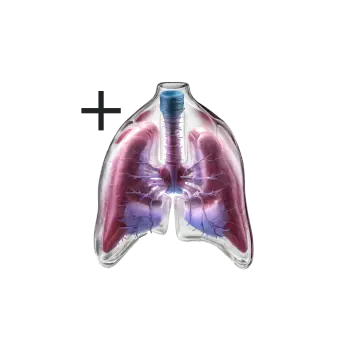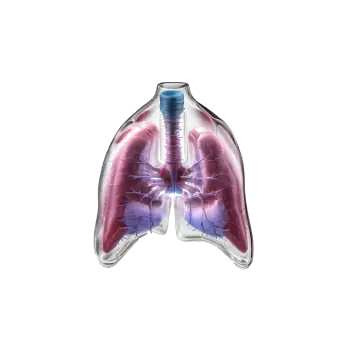Hyperthyroidism is a disturbance in the body's hormone balance that occurs due to an overactive thyroid gland. This results in a high metabolism. The symptoms of hyperthyroidism often develop gradually and can be non-specific. Fatigue and a feeling of restlessness or restlessness are common. Other common symptoms include weight loss, feeling hot, and excessive sweating. Hyperthyroidism requires treatment and regular follow-up by medical personnel.
The thyroid gland, also known as the thyroid, is a gland located at the front of the neck, just below the larynx. It produces hormones that regulate metabolism and affect many of the body's functions, including the brain, heart, intestines, and skin. If hormone production becomes too high or too low, it can lead to a range of different symptoms that affect both physical and mental health.
It is more common for women than men to suffer from thyroid problems, regardless of whether it is overproduction (hyperthyroidism) or underproduction (hypothyroidism).
Common symptoms of Hyperthyroidism:
- Rapid or irregular heartbeats (palpitations)
- Increased appetite and weight loss
- Increased sweating and heat intolerance
- Nervousness, anxiety and irritability
- Fatigue and muscle weakness
- Shaking and trembling in the hands
- Reduced menstrual bleeding and possible infertility in women
In hyperthyroidism, where the thyroid gland overproduces hormones, the symptoms usually develop gradually over a longer period of time. It can take months or even years before you yourself feel that something is wrong with your body. When it comes to hyperthyroidism, the body is in constant high activity - you may feel tired, but at the same time find it difficult to relax and unwind.
























